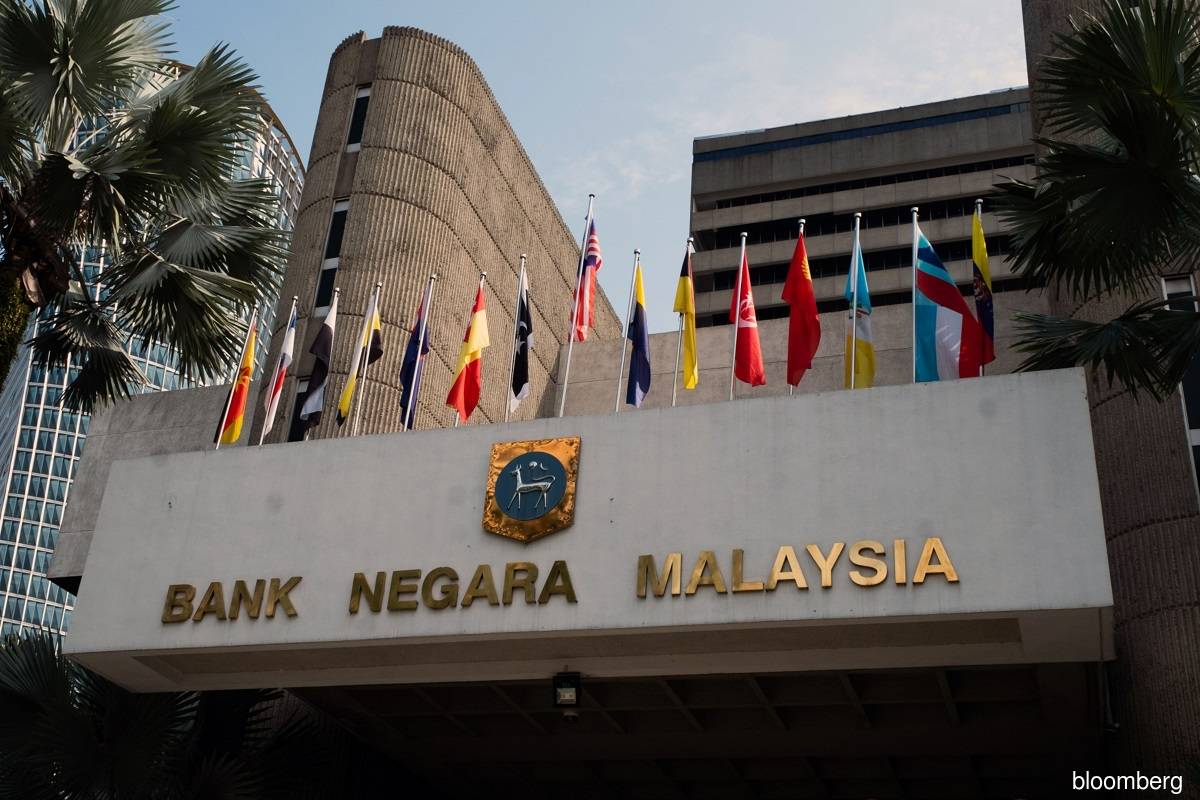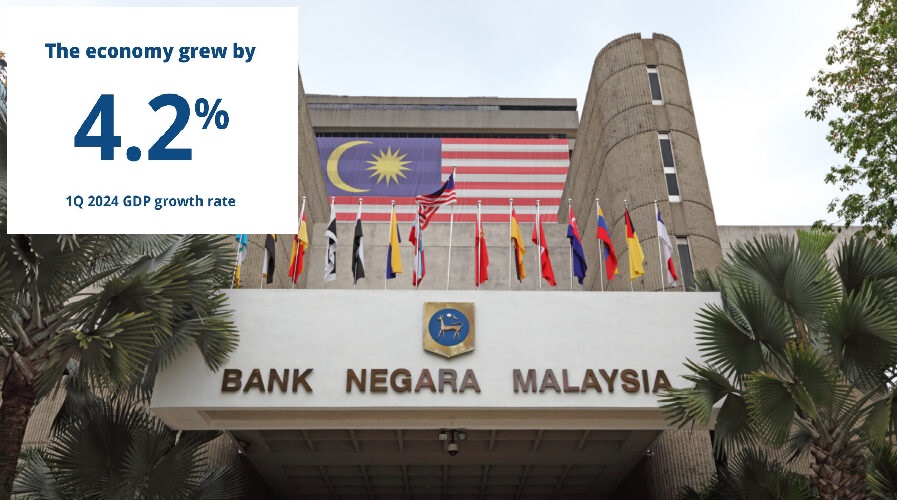BANK Negara Malaysia (BNM) is very likely to raise its overnight policy rate (OPR) in a 25 basis point increments at each of its remaining three monetary policy committee meetings in 2022 amid emerging inflation fears.
Despite improvement in the domestic labour market and expectations of a strong economic recovery, Kenanga Research expects growing uncertainty and recession fears “to change the central bank’s tightening narrative”.
“China’s zero-COVID-19 policy uncertainty and the ongoing Russia-Ukraine war may continue to exert pressure on an already stretched global supply chains, worsening inflationary pressures on key consumer goods (ie. food),” envisaged economic research head Wan Suhaimie Wan Mohd Saidie and team in an economic update.
“As a food importing country, Malaysia will definitely be affected by the rise in global food prices. This, coupled with the removal of subsidies and ceiling prices for certain food items (ie. chicken, eggs, cooking oil) is expected to push the domestic food inflation near the 7% level in July, further reducing consumers’ purchasing power.”
In this regard, Kenanga Research has revised upwards its 2022 headline inflation forecast to 3.3% from 2.9% (2021: 2.5%) as supply bottlenecks continue to impinge on food prices.
Malaysia’s headline inflation rose to a five-month high of 2.8% year-on-year (yoy) in May, slightly higher than expectation (April: 2.3%)
Food prices remain the primary driver for the higher inflation rate with a rapid rise in the cost of living may be detrimental to the economy. It is to note that the inflation rate in Selangor and the Federal Territory of Putrajaya reached 3.7% in May (April: 3.1%).
On a monthly basis, consumer price index (CPI) hit a seven-month high of 0.6% month-on-month (mom) (April: 0.2%) amid surging food (0.9% mom; April: 0.4%) and transport inflation (1.1% mom; April: 0.4%) while core inflation jumped to 2.4% yoy, its highest level since July 2017.
However, this is not a Malaysian phenomenon per se as other advanced and developing economies are also facing rising inflationary pressure stemming from persisting energy and food price surge.
For example, May saw inflation in the US (8.6%; April: 8.3%) soared to its highest level since December 1981 due to rising energy (34.6%; April: 30.3%), food (10.1%; April: 9.4%) and shelter (5.5%; April: 5.1%) costs.
Across the European Union (EU), inflation climbed its highest rate on record in May (8.1%; April: 7.4%) mainly attributable to a 39.2% (April: 37.5%) increase in energy prices and rising food costs (7.5%; April: 6.3%). This has prompted the European Central Bank (ECB) to take a hawkish turn.
In neighbouring Thailand, May’s inflation accelerated to a near 14-year high (7.1%; April: 4.7%), driven mainly by rising energy and food prices amid supply-demand imbalance. To note, energy prices surged to 37.2%, partly due to the end of the subsidy on cooking gas. – June 27, 2022










